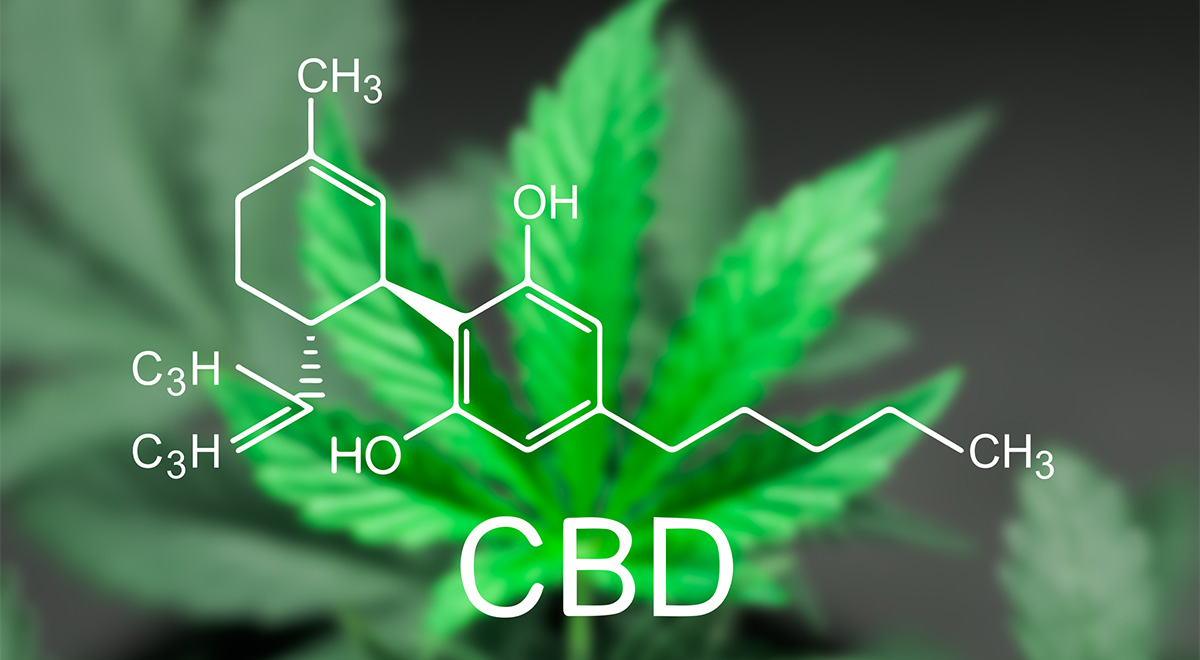A few years ago, people who used the cannabis-derived substance cannabidiol (CBD) risked arrest – or were forced to move to states such as Colorado, where marijuana products are legal. That has changed as more states have legalized cannabis and marijuana laws have been relaxed. This month, the FDA took a significant step forward on this issue by recommending approval for the first CBD medication from a major pharmaceutical firm, which is intended to treat symptoms of a specific form of epilepsy known as Dravet Syndrome.
In 2011, the Stanleys, seven brothers living in Colorado, developed a hybrid strain by crossing cannabis with industrial hemp, resulting in a product that was rich in CBD, but low in tetrahydrocannabinol (THC). The latter, of course, is the biochemical that creates the “high” for recreational users, while the former does not. ‘’
CBD does, however, provide numerous medical benefits. This was certainly the case for young Charlotte Figi, who had suffered severe epileptic seizures since she was an infant. It was the Stanley strain, eventually dubbed “Charlotte’s Web,” that virtually stopped her seizures altogether.
Now, a major UK-based drug manufacturer, GW Pharmaceuticals, is attempting to enter the prescription drug market with its own version of “Charlotte’s Web.” The company submitted a New Drug Application (NDA) last fall. Last week, 13 members of the FDA advisory committee unanimously voted to recommend full approval for the product called Epidiolex, after clinical studies showed a positive benefit-risk profile.
Over a 14-week clinical trial, Epidiolex was shown to be twice as effective in controlling epileptic seizures in children who were given the drug compared to those in the control group. The new medication would be the first cannabis-based prescription medication to get FDA approval if the agency follows the committee’s recommendation.
GW Pharmaceuticals manufactures a similar drug, known as Sativex, which is approved in several European countries for the treatment of involuntary muscular contractions symptomatic of multiple sclerosis. That medication is a cannabis extract containing equal parts THC and CBD, and is not available in the US. Other drug companies have come up with medications based on synthetic compounds similar to CBD. Epidiolex is essentially a pure CBD extract.
Here is the rub: if approved and brought to the market, the price tag for Epidiolex could be as much as $60,000 a year, according to financial analysts (GW Pharmaceuticals has declined to comment). On the other hand, CBD products currently available at marijuana shops can be purchased for as little as $100 per month. Of course, FDA approval could mean that the cost of Epidiolex might be covered by medical insurance.
GW Pharmaceutical CEO Justin Grover points out that their product “is the subject of rigorous and intense manufacturing controls. Patients have the reassurance that the product is what we say it is and what they think it is.” Many people who are already treating their epileptic children successfully with CBD products are understandably skeptical, given Big Pharma’s track record of selling harmful products and a history of price gouging. One parent interviewed in the New York Times said, “My kid’s stable. I’m not touching it. I don’t need a double-blind placebo-controlled study to know something [works].”

